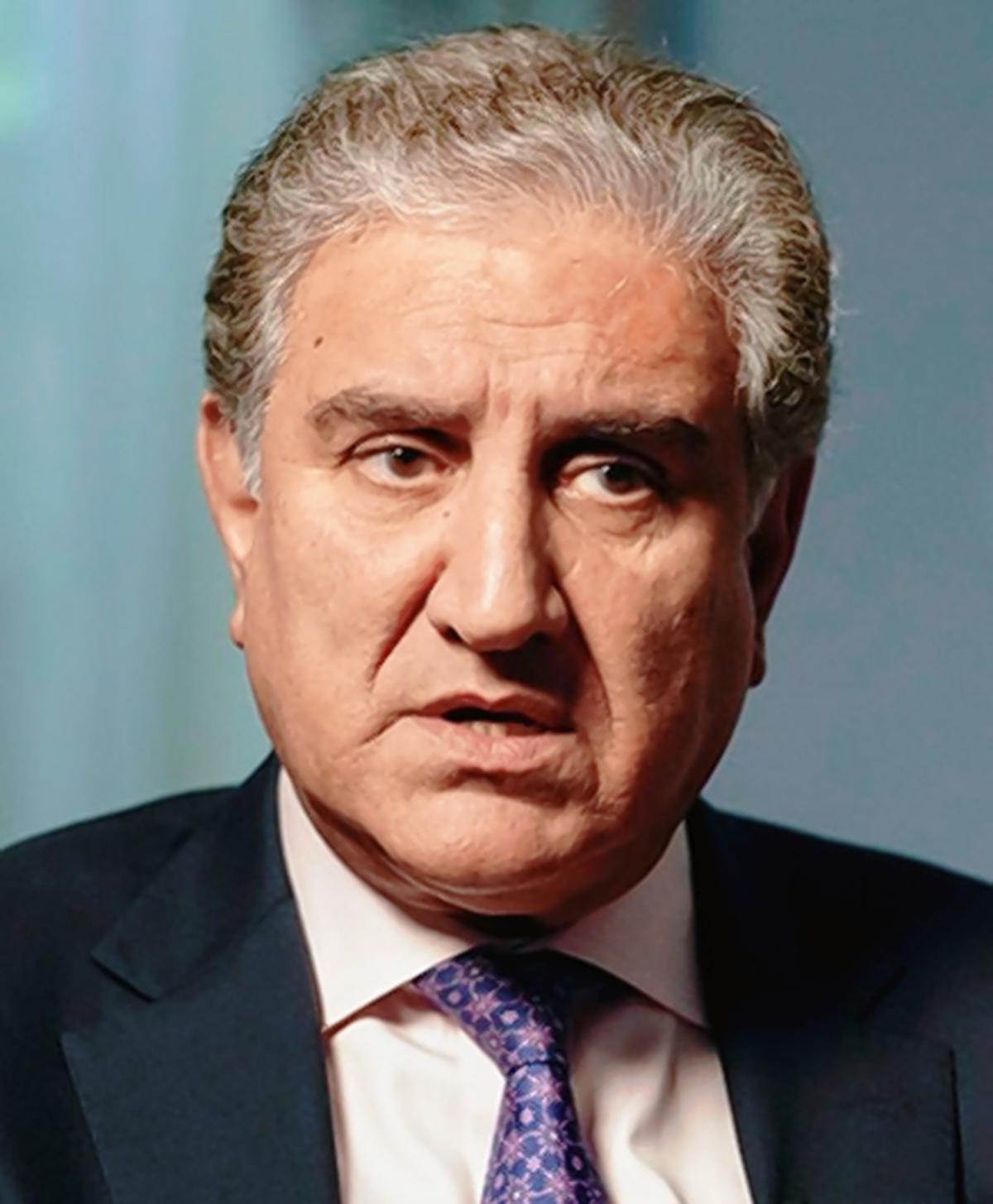
The recent events surrounding Pakistan Tehreek-e-Insaf (PTI) Vice Chairman Shah Mehmood Qureshi have garnered significant attention and raised concerns within the political landscape of Pakistan. On June 6, a Pakistani court issued an order for the immediate release of Mr. Qureshi, who had been arrested following violent protests that occurred on May 9. The presiding judge, Justice Chaudhry Abdul Aziz, not only declared the Rawalpindi Deputy Commissioner’s MPO (Maintenance of Public Order) orders illegal but also directed the authorities to release Mr. Qureshi without delay.
Introduction: Shah Mehmood Qureshi’s Arrest and Background
Shah Mehmood Qureshi, aged 66, served as Pakistan’s Foreign Affairs Minister from 2018 to 2022 during the tenure of Prime Minister Imran Khan. As the Vice Chairman of PTI, Mr. Qureshi is a prominent figure within the party and holds considerable influence in Pakistan’s political landscape.
The Arrest and Protests
The events leading up to Mr. Qureshi’s arrest unfolded on May 9 when violent protests erupted following the arrest of Prime Minister Imran Khan. These protests involved various PTI leaders, including Shah Mehmood Qureshi. As a result of their involvement in the demonstrations, Mr. Qureshi and several other high-ranking PTI officials were apprehended by the authorities.
The Court’s Decision
The decision to order the immediate release of Shah Mehmood Qureshi was made by Justice Chaudhry Abdul Aziz during the court hearing. The judge explicitly stated that the MPO orders issued by the Rawalpindi Deputy Commissioner were illegal in this context. This verdict emphasized the court’s commitment to upholding justice and ensuring the fair treatment of individuals involved in political demonstrations.
Implications of the Court’s Ruling
The Pakistani court’s ruling to release Mr. Qureshi carries significant implications for both the political landscape and the PTI party. The decision highlights the importance of safeguarding democratic values and protecting the rights of individuals engaged in peaceful protests. Moreover, it serves as a reminder of the judiciary’s role in ensuring the fair treatment of political figures and the preservation of democratic processes.

Conclusion
The immediate release of Pakistan Tehreek-e-Insaf Vice Chairman Shah Mehmood Qureshi by the Pakistani court reflects a commitment to upholding justice and maintaining democratic values. This decision not only sets an important precedent for future cases but also emphasizes the court’s dedication to protecting the rights of individuals involved in political demonstrations.









